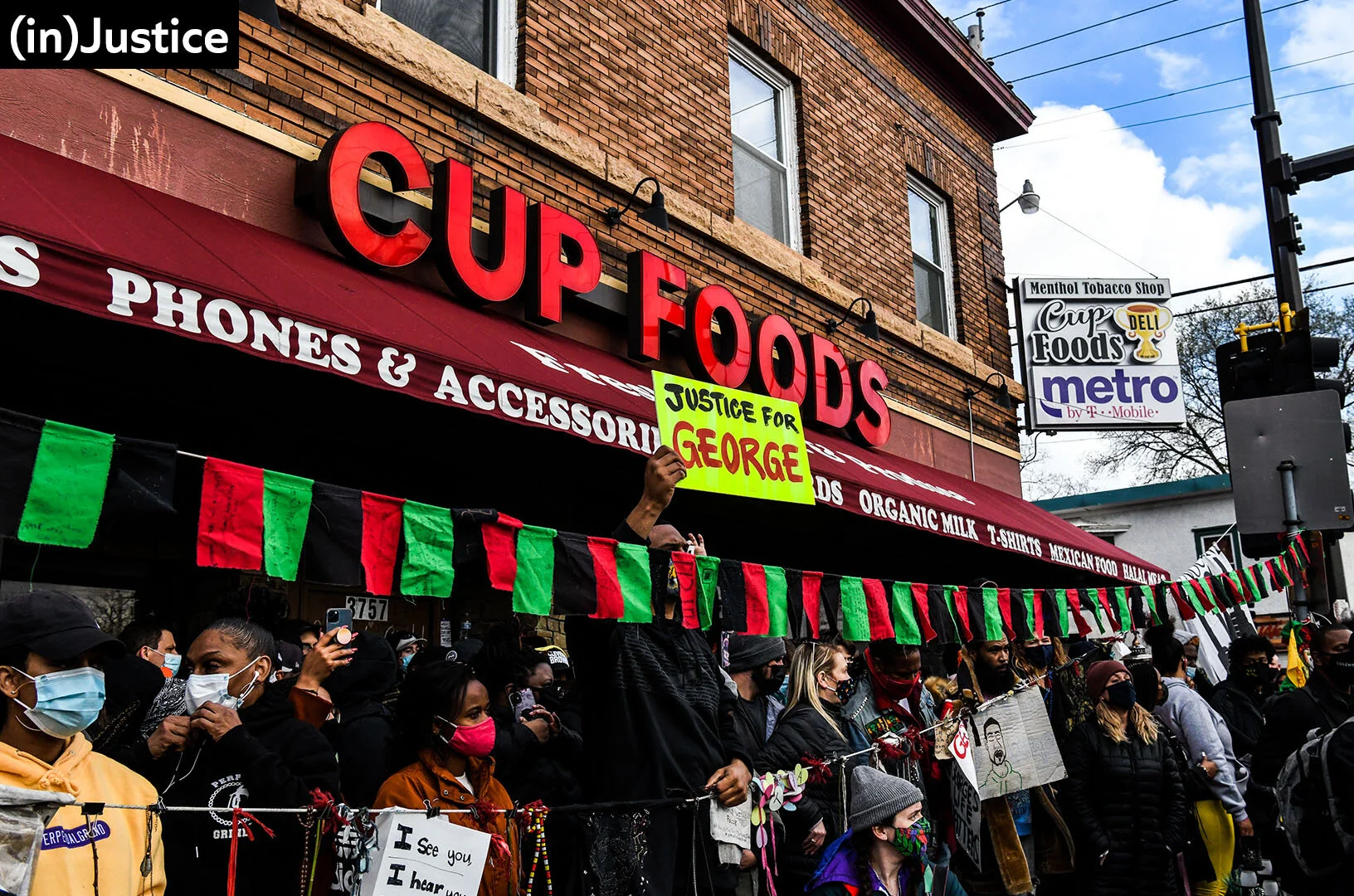An Abolitionist’s Message to Activists
Abolition Geography: Essays Towards Liberation by Ruth Wilson Gilmore. [Verso Books]
By Andreas Petrossiants
In June 2020, millions of people across the world took to the streets to protest the ongoing murder of people of color at the hands of police.
The movement, led by Black youth and supported by a diversity of demonstrators, emanated from a rebellion in Minneapolis after police murdered George Floyd. This uprising brought the word “abolition” into mainstream discourse, and made it possible for more people to consider a world without police, prisons and state violence. There was a palpable sense that people were questioning what abolitionist geographer Ruth Wilson Gilmore calls the “production and exploitation of group-differentiated vulnerability to premature death” – in other words, racism.
For over three decades, Gilmore’s work has been crucial to the study of policing and prison abolition; her classic work, Golden Gulag, charts how the number of people imprisoned in the U.S. increased by more than 450% between 1980 and 2007. Her newest anthology, Abolition Geography: Essays Towards Liberation, includes Gilmore’s essays on policing, capitalism and organizing and are more critical than ever two years after the largest street mobilization in decades. Expertly assembled by scholars Brenna Bhandar and Alberto Toscano, the anthology reproduces Gilmore’s essays chronologically from 1991 to 2018.
In the first section, Gilmore looks at how intellectuals and scholars relate to abolitionist movements, revisiting Audre Lorde’s famous question: If “the master’s tools will never dismantle the master’s house,” then who will? In her answer, she pushes academics and other knowledge workers to not only talk the talk, but to take action. In the following section, “Race and Globalization,” she explores how “through prison expansion and prison export, both U.S. and non-U.S. racist practices can become determining forces in places nominally ‘free’ of white supremacy.” To do this, she looks at how the advent of NGOs and international treaties that spread U.S.-style policing and prisons has buttressed the expansion of mass incarceration.
Gilmore then addresses the racialized state as well as the “anti-state state,” a term that describes the outsourcing of traditional state functions, like health care and housing, to private interests. Promoted by leaders like Reagan and Thatcher, and both liberals and conservatives since, the goal of the “anti-state state” is to feign “small government” while actually beefing up the capacity to carry out violence, from wars abroad to incarceration at home. Here, Gilmore maps the terrain of prisons and jails and charts how racism, colonialism and neoliberal capitalism have conspired to put millions of people behind bars, whether for private profit, racialized capitalist discipline, or as a “prison fix” for land or labor problems.
Finally, she underlines the work of abolitionists and anti-carceral organizations like Mothers Reclaiming Our Children, which since 1992 has supported people of color arrested on false or exaggerated charges. Looking at their organizing, she concludes that activists must broaden their thinking, and “move beyond place-based identities toward identification across space, from not-in-my-backyard to not-in-anyone’s-backyard.” If “abolition is a movement to end systemic violence, including the interpersonal vulnerabilities and displacements that keep the system going,” Gilmore writes, then “the goal is to change how we interact with each other and the planet by putting people before profits, welfare before warfare, and life over death.”
As politicians use summer 2020 to reinforce a law-and-order agenda, as activist groups in Atlanta fight the construction of a 300-acre police training facility, and as President Biden argues, again, that police reform requires giving departments even more federal funding, Gilmore’s call to change is especially crucial. The only way to escape the cycles of police violence, protest and retrenchment will be to collectively build popular, abolitionist frameworks for relating to each other. Gilmore’s work helps us move toward that goal.




